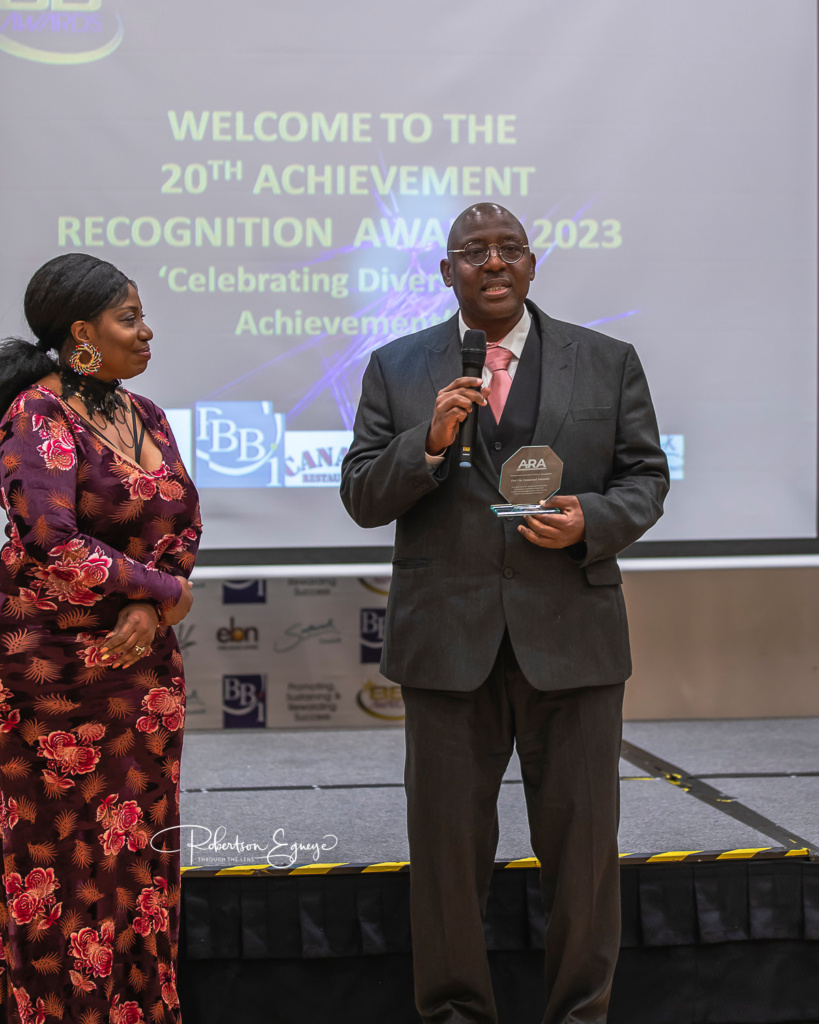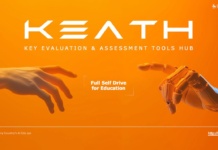
By: Professor Ojo Emmanuel Ademola – With the arrival of chatbots like ChatGPT and the widespread of uncannily convincing AI-generated images, we are noticing increasingly panoramic advances in the development of artificial intelligence (AI) in every sector of what is called development. Higher education is just one of many sectors set to be impacted by the changes. With such an aggravated development, the understanding of the uses and limitations of generative AI and the addresses its challenges and harnesses its potential for higher education is a central of important interest not only to developed economies but capillary to developing economies, particularly in the global south nations.
Undoubtedly, Generative AI has emerged as a powerful tool with the potential to transform various sectors, including education holistically. In developing economies of the global south nations, the integration of generative AI in higher education holds significant promise for nurturing sustainability through innovative teaching and learning strategies. It is of humongous move to explore the role of generative AI as a sustainability tool in the transformation of higher education within the context of a developing economy. With a developing economy, it is substantively core to the overall national development.
Generative AI refers to a subset of artificial intelligence technologies that are capable of creating new content, such as images, text, and even music, that pantomimes human creativity with precise inventiveness impressively. In the realm of higher education, generative AI can be utilized to develop personalized learning experiences, automate administrative tasks, and facilitate research and innovation.
Indeed by harnessing the power of generative AI, educational institutions can enhance the quality of education, improve operational efficiency, and promote sustainability through the advancement of knowledge and skills. The reality of generative AI tools is transformational in the way we teach, learn, and evaluate students. Such an element has been viewed as potentially threatening to academic integrity but opening up new opportunities to improve educational practices.
Sustainability in higher education encompasses various dimensions, including environmental, social, and economic sustainability. It involves integrating sustainable practices into the core functions of academic institutions, such as teaching, research, tailored curriculum development, and community engagement. By adopting sustainable approaches, higher education can contribute to the development of a skilled workforce, the generation of knowledge to address societal challenges, and the responsible management of resources.
The Role of Generative AI as a Sustainability Tool is becoming highly prevailing. Generative AI can play a pivotal role in promoting sustainability within the higher education sector in developing economies. By leveraging generative AI technologies, educational institutions can address some of the key challenges they face, including limited resources, access to quality education, and the demand for innovative teaching methodologies. Also, the pathway to investigate the emergence of new roles and erosion of others, discussing how courses and curricula should evolve to meet the needs of the new job market with the urgent consideration of the future of work in the overall interest of the economy.
The following are ways in which generative AI can serve as a sustainability tool in the transformation of higher education:
1. Personalised Learning: Generative AI can be used to develop personalised learning experiences tailored to the individual needs and learning styles of students. By analysing students’ data and behaviours, generative AI algorithms can generate adaptive learning materials, recommend personalized study plans, and provide instant feedback, thereby enhancing student engagement and learning outcomes.
2. Curriculum Development: Generative AI can aid in the development of dynamic and responsive curricula that can adapt to the changing needs of the labour market and society. By analysing industry trends, job market demands, and technological advancements, generative AI can help educational institutions design relevant and future-focused curricular offerings that contribute to building a sustainable workforce.
3. Research and Innovation: Generative AI can streamline the research and innovation processes within higher education institutions. From automating literature reviews to generating hypotheses and conducting complex data analyses, generative AI can accelerate the pace of research, leading to breakthrough discoveries and innovations that have the potential to address societal challenges and promote sustainable development.
4. Administrative Efficiency: Generative AI can optimise administrative processes, from admissions and student support services to resource allocation and campus management. By automating repetitive tasks, generating insights from data, and optimising resource utilisation, generative AI can improve operational efficiency, reduce costs, and free up human resources to focus on value-adding activities.
5. Accessibility and Inclusivity: Generative AI can be utilised to create accessible and inclusive educational materials for students with diverse learning needs. Through the generation of alternative formats for content, such as audio descriptions for visually impaired students or interactive simulations for kinesthetic learners, generative AI can enhance the accessibility of education, promoting inclusivity and diversity within the learning environment.
Notably, there are challenges and considerations. While the potential benefits of integrating generative AI into higher education are significant, several challenges and considerations must be addressed to ensure its effective and sustainable implementation. These include ethical considerations related to data privacy and bias, the need for faculty and staff development to adapt to AI-powered environments, and the requirement for robust infrastructure and support systems to facilitate the integration of generative AI technologies.
Moreover, in the context of developing economies, additional considerations such as digital infrastructure limitations, resource constraints, and socio-cultural factors must be taken into account when deploying generative AI in higher education. It is essential to develop strategies that prioritize ethical AI practices, build capacity among educators and learners, and address infrastructural gaps to ensure that the benefits of generative AI reach all segments of the population.
In conclusion, Generative AI holds immense potential as a sustainability tool in the transformation of higher education in developing economies. By leveraging generative AI technologies, educational institutions can foster innovation, improve learning outcomes, and contribute to the development of a sustainable workforce. However, to realize the full potential of generative AI in higher education, it is imperative to address the associated challenges and considerations and to ensure that its integration is guided by ethical principles and a commitment to inclusivity and accessibility. Through strategic planning and investment, generative AI can play a transformative role in advancing higher education and driving sustainable development in developing economies.










